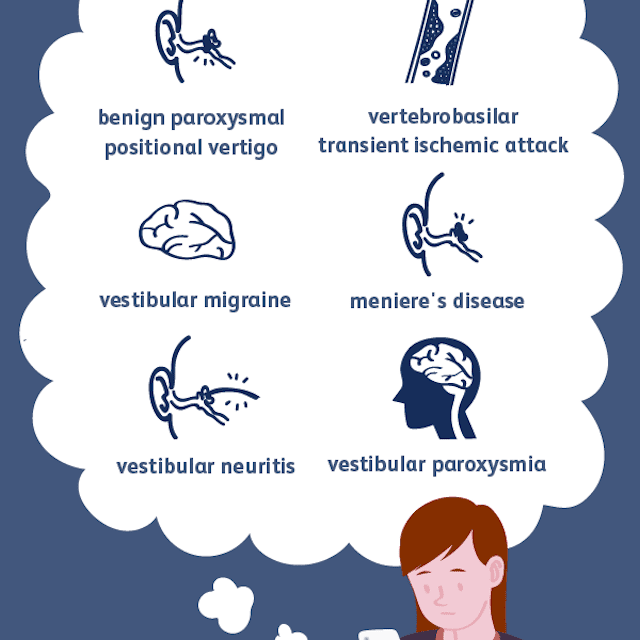The answer to the question, what causes dizziness, is that there are no known triggers. It is not due to any disease
What causes it is a combination of different factors that can range from the lifestyle of the person suffering to their diet, physical activities, stress levels and even their sleep patterns.
There are a few possible reasons why one might experience dizziness, but none of them is the actual cause. In order to know what causes dizziness, it is necessary to understand what it really is and why it happens in the first place.
It is generally understood that the brain controls all the bodily systems of the body including the central nervous system. This means that if one's brain does not get enough oxygen, the rest of the body will suffer. If this is not enough to make you dizzy, then a condition known as hypoxia will occur. Hypoxia is an overdose of oxygen. The result is the same; a pounding headache or the feeling that you cannot breathe.
Poor blood circulation is another cause. If the blood is clogged up or the vessels become damaged, this results in low blood flow.
If you are sedentary, you may have circulatory problems. If you sit consistently for extended periods of time, you are at risk for this condition. For example, sitting for several hours can reduce the amount of oxygen your body is getting. Sitting also makes your heart work harder, which in turn reduces the amount of oxygen your body needs. This is why it is so important to have a regular exercise regimen.
If your heart is overworked or underutilized, this is another reason you may feel dizzy. This is because the body cannot efficiently pump oxygen and blood to the brain, resulting in a lack of energy and fatigue. Another reason for dizziness is too much stress on the body. If you are constantly under stress, your immune system weakens and you become more susceptible to diseases such as diabetes, heart disease, and arthritis. For more information on the diagnosis and treatment of the disease, see the website Bupa.

Some medicines can also make you feel dizzy. Some antidepressants can raise blood pressure, which in turn can lower blood pressure, the amount of oxygen in the brain, and reduce blood flow. In this case, it is extremely important to check with your doctor to see if any of your medications may be causing the dizziness.
There are many different causes of vertigo, and they are all different symptoms. For this reason, it is extremely important to avoid sudden movements or heavy breathing. It is also extremely important to maintain your weight at all times to prevent dizziness.
Your diet plays an important role in how well you exercise. Certain foods can make you feel dizzy and can also cause you to fall asleep, which means you may not get the full benefit of your exercise regimen.
Smoking and alcohol are two of the most common causes of dizziness. They both can cause the heart to pump harder causing increased blood flow to the brain. If your circulation is low, you will experience headaches, nausea, and vomiting. These are the same symptoms you may experience if you smoke cigarettes and drink alcohol.
Exercise helps strengthen the heart. It will also help you relax and ease tension and relieve tension which will help you from stress and eliminate the symptoms of dizziness.
There are many natural ways to combat this problem but it is up to you to determine which ones work best for you. Remember, the first thing you need to do is find out what the cause of your dizziness is and then determine the cause by talking to your doctor.
